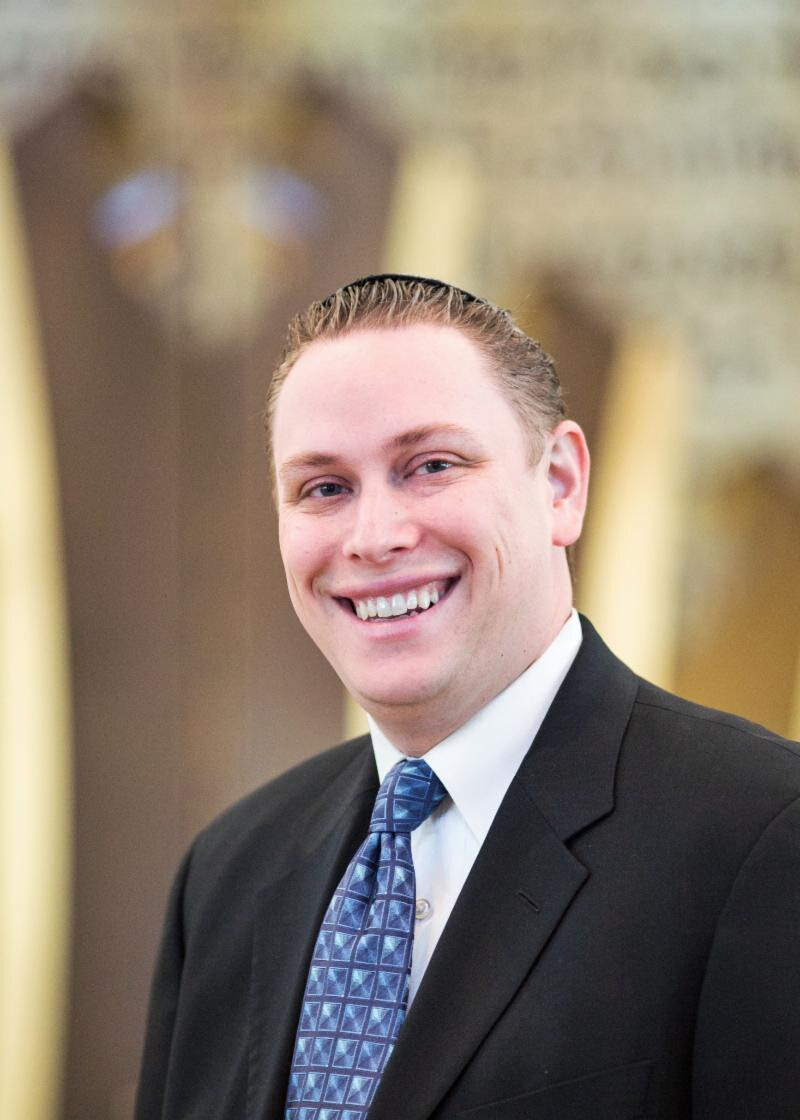Shabbat Message — November 1
/The Noah story is certainly one of the better known Bible narratives. You all know the story, but I would like to isolate on one pasuch, verse, found at 8:11 in parsha No-ah: “The dove came back to him toward the evening, and there in its bill was a plucked-off olive leaf! Then Noah knew that the waters had decreased on the earth.”
Embedded in the p'shat, the plain or basic meaning, our forefathers have derived significance to seemingly the most mundane actions. In the
so-called Hertz Chumash written by the Chief Rabbi of the British Empire, Joseph Hertz, which many of us grew up with, he notes, “Since the olive tree grew to no great height, Noah understood that the waters had almost disappeared, though not completely... The Rabbis have a beautiful comment on the fact that the dove comes back to Noah with the bitter olive leaf in its mouth. ‘Better,’ it seemed to say, ‘bitter food that comes from God than the sweetest food at the hands of man.’” (Rashi)
Rabbi Samson Raphael Hirsch (1808-1888), a revered scholar and author, expands on this thought saying, “For a full year, the dove could not earn its own food; hunger forced it to rely on Noah's kindness. Then it found a bitter leaf that it would not ordinarily eat--and carried it back to Noah, preaching the lesson of the Sages, that even the bitterest food eaten in freedom is better than the sweetest food given in servitude.”
A casual reading certainly would not have generated this kind of insight. The d'rash, which comes from the Hebrew verb to inquire or investigate, leads us to the Talmud and the vast array of commentaries, some quite plausible and others leaving one in a quandary.
I will be the first to admit I could have read 8:11 multiple times and never deduced the fact that the olive branch is bitter and that the sustenance from God pales beside anything derived from humans. Our commentaries are almost endless, but just by delving into the “our” Chumash, the Etz Hayim, there is a treasure trove of inspiration and revelation in one concise volume. It is a good reminder for us that we re-read the Torah and start over every year because there is always a new perspective and something new we can gain each and every week, month, and year.
Shabbat Shalom.
Rabbi Jeffrey Abraham
